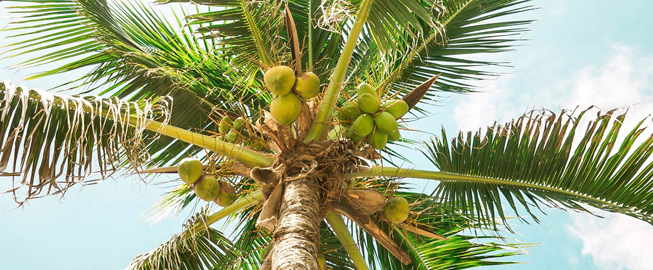MATERIALITY
SUSTAINABILITY at Marico
The risk horizon for ESG is changing fast: mitigating climate risks, optimising on consumption of natural assets and protecting social capital are becoming strategic business imperatives across global markets. While considering a global risk canvas, environmental and social risks seem to top the charts both from a short- and long-term perspective.
Sustainable finance and an accelerated pace of ESG investing is creating a paradigm shift in terms of how a responsible business should identify, manage, and annually disclose on relevant environmental, social and governance topics that are critical for its sustenance and agile transformation. There are 20 times more non-financial disclosure requirements today than there were five years ago, and voluntary disclosures are quickly becoming mandatory provisions. Several new regulatory developments and responsible investment drivers are putting nonfinancial issues at the forefront of corporate strategy and reporting.
All these inter-connected factors synergise to define what is material for a business and how it would define the creation of a sustainable future for its entire ecosystem.
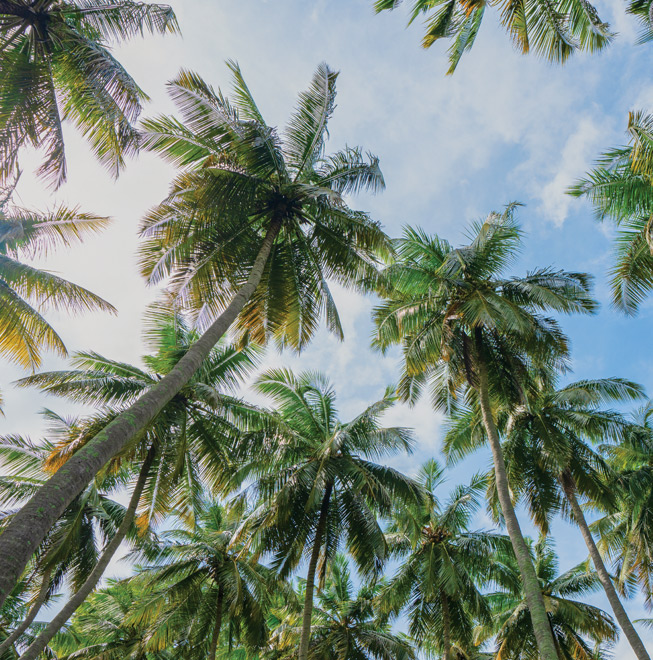
Completion of Marico’s 5-year Sustainability 1.0 Roadmap
Marico’s first 5-year sustainability goals have been the value-based differentiator for the business, that helped demonstrate stakeholder capitalism, social inclusion, responsible production and consumption, and above all deep-seated impact on the communities that help us thrive. Through a cohesive and structured set of policies, strategies and interventions, we were able to surpass the 5-year targets that we had set up across our material environmental, social and governance (ESG) related goals upto FY22.
Marico’s first 5-year ESG Material Goals (FY17-FY22)
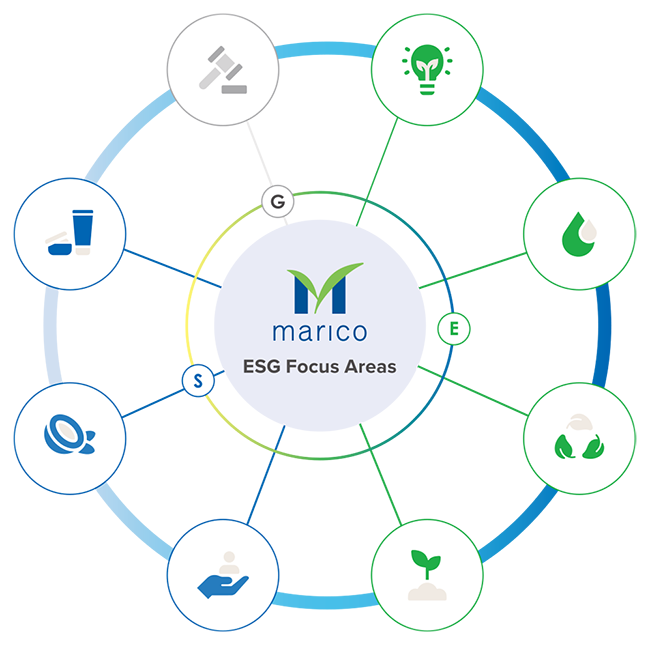
Social Value Creation
Continual efforts to accelerate social impacts of all initiatives undertaken within the program boundary (2017-2022).
Sustainable Coconut
Continual Goal
Increase farmer beneficiaries by 5% y-o-y
Status in 2022
Over 62,000 farmers have been enrolled in Marico's sustainable coconut programme reflecting a y-o-y addition of 15,000+ beneficiaries. 2.55 Lakh acres have been enrolled in the programme till date demonstrating a productivity improvement of 15% overall
Product Responsibility
Continual Goal
Ensure 100% adherence to all product compliance
Status in 2022
Marico’s Product Sustainability Index, a first-of-its kind framework has been developed that quantifies products environmental, social and governance impacts using a set of 25 key performance indicators with measurable scales
Corporate Governance & Behaviour
100% compliance and execution of corporate governance framework to create transparency, accountability and social inclusion within the business ecosystem (2017-22)
Energy and Emissions
FY22 Goal (Energy)
Reduce energy intensity (plant operations) by 50% from FY13
Status in 2022
73.3%
FY22 Goal (Emissions)
Reduce GHG emission intensity (Scope 1 and 2) by 75% from FY13
Status in 2022
80.5%
Water Stewardship
Continual Goal
Offset 100% of water used in own operations through capacity creation and conservation measures
Status in 2022
263 Crore litres of water capacity created for communities till date which is 3x that of our consumption in operations
Circular Economy
FY22 Goal (PVC)
Have ‘Zero PVC’ use in packaging
Status in 2022
0.37% PVC in packaging. Goal extended to FY25 and shall be achieved by then
FY25 Goal (Recyclable Packaging)
Have 100% recyclable, reusable or compostable packaging portfolio
Status in 2022
96%. This is on track and the goal shall be achieved by FY25.
Responsible Sourcing
FY22 Goal
Certify 20% of critical value- chain partners on Level 1 of responsible sourcing
Status in 2022
46% of critical value-chain partners have completed Level 1 certification and 10% have completed Level 2 certification
Vision for 2030
Launch of ESG 2.0 to demonstrate our commitments in this Decade of Action
Moving ahead, we would like to deepen the penetration of our ESG impact across the business ecosystem and for that we launched Marico ESG 2.0 framework on June 5, 2022, commemorating the 50th anniversary of UNEP World Environment Day.
ESG 2.0 is a launchpad to achieve our Decade of Action (2030) vision and purpose. It comprises of over 50 key performance indicators across ESG parameters that are of material relevance to us and our stakeholders, now and into the future.
Marico's approach to materiality
Marico’s ESG 2.0 framework is not just a set of material issues that will determine the business’s transformation journey in this decade of action; rather, it was developed with the intent of establishing a constantly evolving and monitoring strategy constantly evolving and monitoring strategy to strengthen the business’s core purpose of making a difference to the planet and people who matter.
The framework will enable best-in-class enterprisewide ESG policy and implementation plan that have cross-functional success metrics. It will help in permeating the principles of material ESG issues across all levels in the organisation and embed it in every business line/investment strategy.
We will also leverage this framework to capacitate our value chain partners in building resilient and sustainable business enterprises. Additionally, we will integrate people and planet positive goals within our overall talent attraction, retention and engagement strategies such that we can foster the culture of an ESG-first enterprise within our business ecosystem.
Our ESG 2.0 Materiality Model
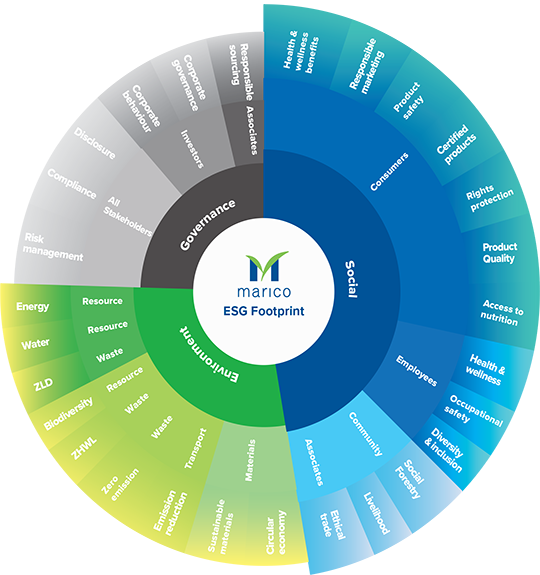

Marico’s net zero emissions’ target in global operations has been set for 2040. In India, however, we intend to achieve net zero in operations by 2030. Transition to renewables, investments in low-carbon technology options, carbon forestry and 100% phase-out of fossil fuels from our operations are the key enablers for the Company to transcend into its net zero, carbon neutral and climate resilient future.
The Company aims to achieve certified waterneutral operations across all its manufacturing facilities by offsetting 100% of its consumption volume with capacity created for community use. To this end, we have estimated the water stress potential of our facilities in 2022 and created long-term plans (upto 2030) to replenish more water for the communities than consumed in our operations. Additionally, operational measures will be adopted in each unit to optimise our surface water consumption intensity by implementing water efficiency-based systems, rainwater usage for process cooling purposes and deploying zero liquid discharge (ZLD) principles to reduce consumption in our manufacturing units.
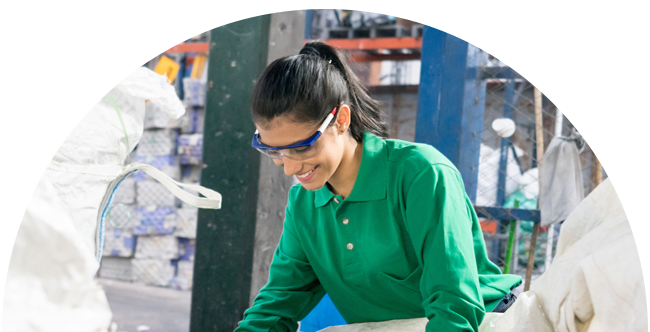
Marico aims to achieve 100% recyclable packaging by 2025, with a focus on sustainable packaging interventions and promoting circularity to reduce its carbon footprint. During this period, it plans to phase out hazardous substances such as PVCs while introducing at least 30% r-PCR in its packaging portfolio, wherever applicable.
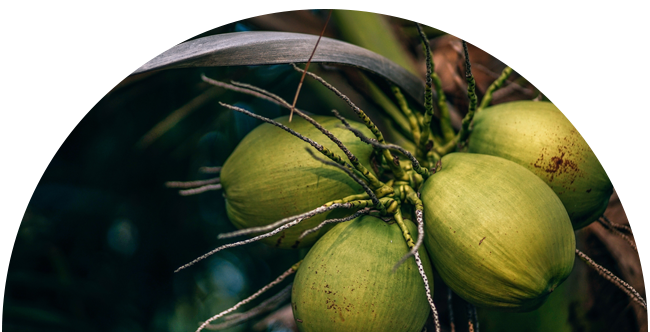
Marico’s Responsible Sourcing Framework (Samyut) is anchored on three pivotal themes – Environmental Stewardship, Ethical Responsibilities and Social Empowerment. The framework is instituted by a three-part maturity-based roadmap that imbibes our value chain partners into Marico’s philosophy and purpose of creating sustainable impact across its value chain. By 2030, the Company plans to roll out Level 1 (Capacity building and voluntary declaration of commitments) across 100% of its critical suppliers, and Level 2 (Independent risk-based external audits to validate voluntary commitments) to 50% of its critical suppliers who have completed Level 1. Additionally, annual reporting of key metrics such as traceability, indigenous materials’ procurement share, and sustainable materials share will be part of Marico’s 2030 goals on responsible sourcing.
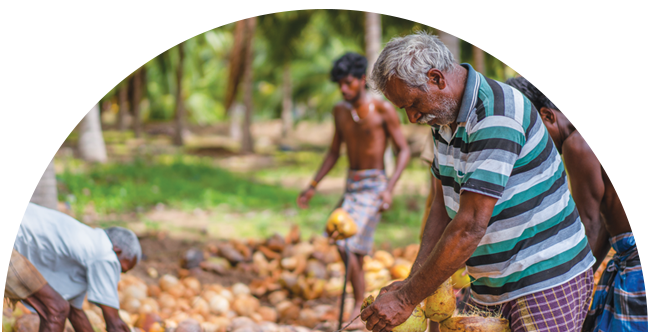
Marico aims to empower approx. 1+ Lakh farmers about sustainable practices and develop a Sustainable Coconut standard that provides recommendations to offset the crop’s carbon footprint across its entire lifecycle. These measures are aimed at improving productivity and enhancing climate resilience, as well as offsetting carbon impact through afforestation programmes, across coconut plantations. The programmes aims to enrol 4+ Lakh acres of coconut plantation by 2025 and achieve a cumulative productivity improvement rate of 16%.

By virtue of the organisation's core value systems, sustainable value creation is ingrained in every brand’s existence and purpose. By 2030, Marico aims to cohere the purpose, messaging, and impactbased actions of its top 5 brands by revenue with the goals and targets outlined by the United Nations Sustainable Development Goals. Each of the top 5 brands will annually quantify and disclose on the sustainable impacts created y-o-y in adherence to the relevant UN-SDGs along with its targets and indicators.
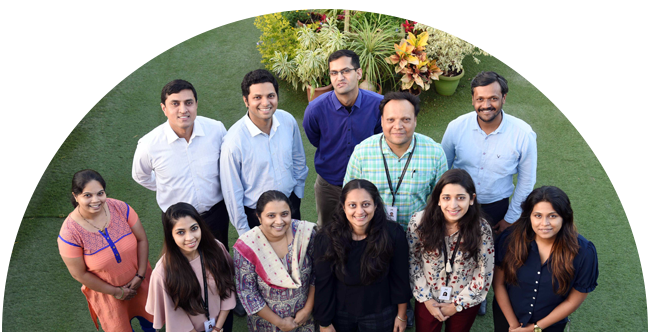
Marico believes in fostering a diversity conscious, diversity ready, and socially inclusive workplace. Towards this, we target to enhance our gender diversity ratio to 30% and the differently abled to 5%, as part of our decade of action roadmap. Various programs and activities such as sensitisation training, policy and process rollouts, infrastructure enablement, etc. – will be overseen by the Inclusion & Diversity council and Organisation Effectiveness teams to create a workplace free from discrimination and harassment.
At Marico, all activities are led by a sense of responsibility, underpinned by our principles of good governance. Our corporate governance framework enables us to maintain highest standards of human rights, ethics, and integrity across our operations. Throughout our decade of action journey, we will continue to imbibe the philosophy and principles related to human rights and ethics amongst our entire stakeholder ecosystem (members, value chain partners and business associates). Mandatory trainings, knowledge management sessions and periodic evaluations will be undertaken at regular intervals to track performance, preparedness, risks, and opportunities related to human rights and business ethics across organisational hierarchy.
Marico’s sustainability goals have been the value-based differentiator for the business, that helped demonstrate stakeholder capitalism, social inclusion, responsible production and consumption, and above all deep-seated impact on the communities that help us thrive.
